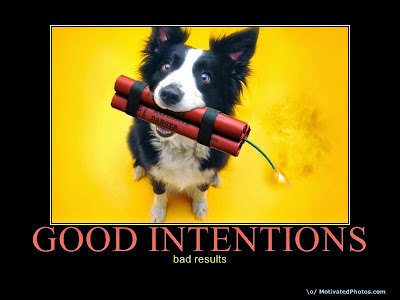O século XX foi o século de Metropolis, o século de
Magnitograd, o século de
Levittown, o século das
linhas de montagem, o século da escala e do volume, o século do
Normalistão. O século do
crescimento canceroso.
Razão tinha Popper em defender a ideia de que temos de estar sempre alerta, só porque hoje se vive melhor do que ontem, não quer dizer que amanhã se viverá melhor do que hoje.
Em Dezembro de 2014 escrevi "
Ter razão antes do mainstream é tramado". Nesse texto sublinhava a ironia da ministra da Agricultura de então, actual dirigente do CDS, chegar ao mesmo modelo para a agricultura portuguesa que o saudoso ministro socialista Jaime Silva preconizava. Ou se calhar, não chegou, apenas leu o que alguém lhe "botou" no discurso. Na altura ela disse: "Cristas quer colar a Portugal o rótulo de país da "joalharia da agricultura". Algo que jogava bem com a marca Portugal, recordo este outro texto de Junho de 2014, "
A marca Portugal".
Mas uma coisa são os agricultores que espalham
bosta nos campos e que daqui a 10 ou 20 anos vão continuar por lá, eles ou os seus filhos. Outra são os que mandam semear ou plantar hoje aqui e quando não der, deitam abaixo o pau do circo e mudam-se para outro lado.
E o que está a acontecer no Alentejo é a cópia de tudo o que nos afasta da joalharia agrícola, é a cópia do
Mar del Plástico.
Meter um país pequeno, com terras pobres, a mergulhar na produção intensiva ... só vai dar asneira... "
A outra face do sucesso do Alqueva é um Alentejo envenenado por químicos"
Mongo, aka
Estranhistão, será o mundo da variedade, o mundo da diversidade, o mundo em que não queremos ser tratados como plancton. Outros, sabem fugir do crescimento canceroso e da tragédia dos comuns apostando na joalharia:
BTW, os fabricantes low-cost de
cortinas em PVC para a casa de banho deram cabo do produto. Hoje, já ninguém usa esse material, mesmo que seja produzido por fabricantes com cuidado. No redemoinho turbulento da tragédia dos comuns ninguém se safa... o
Rei Lear: Uma estória amoral, todos perdem os bons e os maus.
Todos acabam por perder, mesmo o que não seguem a via cancerosa, porque a marca Portugal vai ficar queimada.














